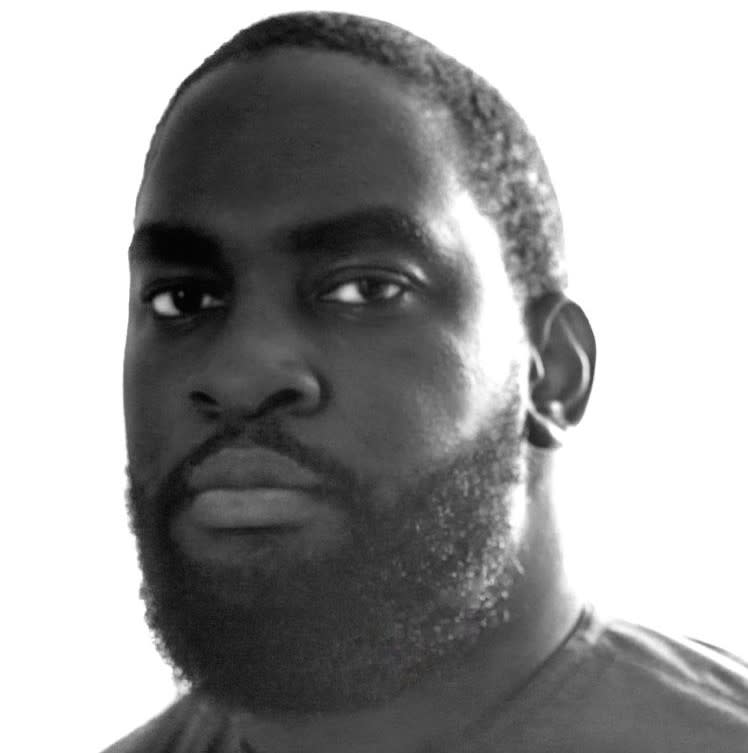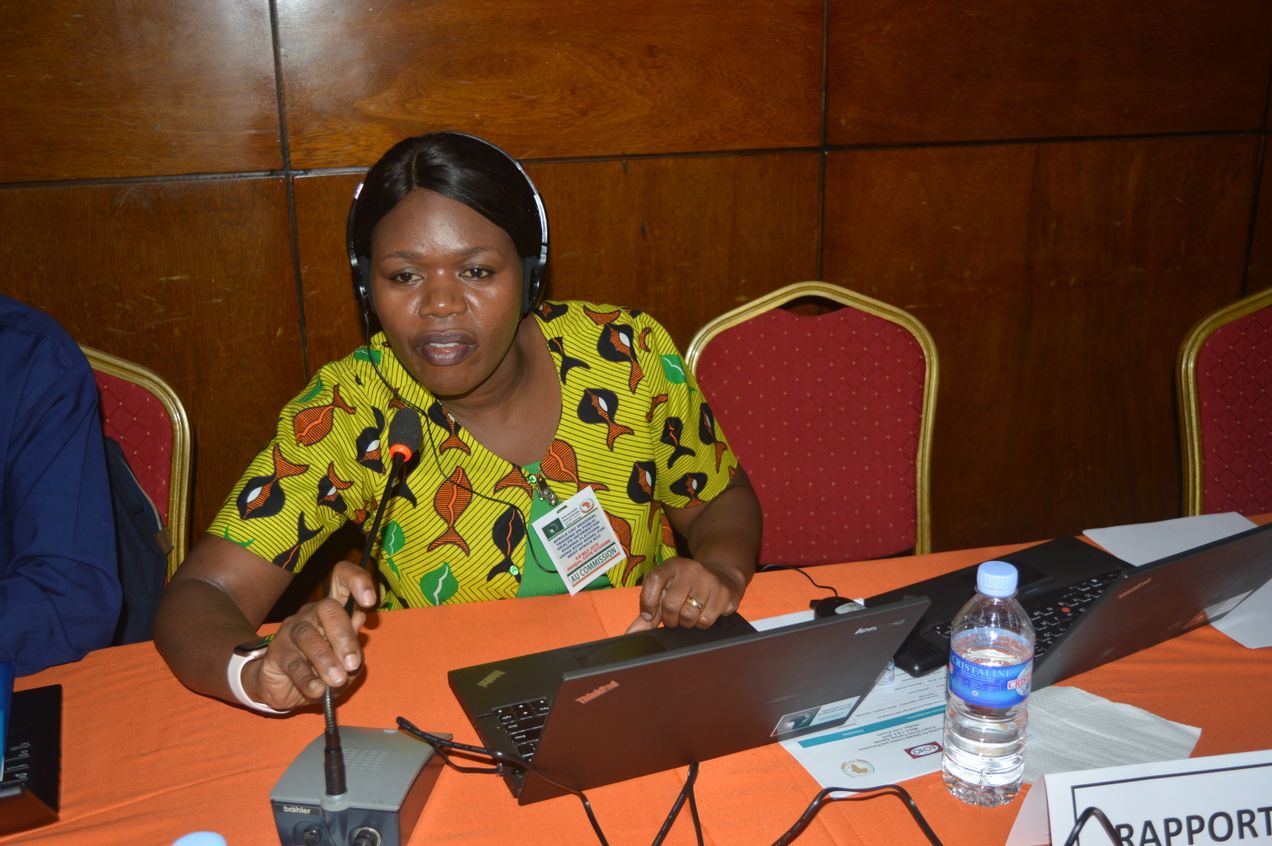
Living Fearlessly
Nnamdi Omesiete writes about how he learned to coexist with covid-19 without being a slave to his fears.

No one seemed to know much about the respiratory disease that wreaked havoc across the world. My colleagues at work assumed it wouldn't affect us in Nigeria, but considering my considerable size and statistics showing fat people stood a lower chance of overcoming covid-19 due to pre-existing health conditions, I was beside myself with fear. If someone came close, I quickly moved away to give ample space between us.
Also, I started starving myself to lose weight and regulate my high blood pressure. I went from eating two meals a day to one, sometimes eating only breakfast cereal, a bad idea that resulted in stomach ulcers. I took vitamins and drank lemon and ginger teas non-stop based on the advice of WhatsApp broadcast messages that claimed they strengthened the immune system. Whether they did mine, I can’t say.
Meanwhile, I tried to convince my colleagues the virus was real with online videos, articles, and interviews from the director of the United States National Institute of Allergy and Infectious Diseases, Dr. Anthony Fauci. It took a BBC news clip of an isolation centre in Nigeria and interviews with covid-19 patients to eventually change their perception. Some, however, remained unbothered.
For my part, I took to wearing face masks in public, which attracted weird looks from passers-by. In addition, I became obsessed with sanitisers and wipes. I used disinfectant sprays on door knobs, my refrigerator and car handles. I sprayed and wiped down groceries and even went as far as sanitising ATM keypads, much to the disgust of bank security personnel. After I ran out of sanitisers and couldn’t restock, I took to spraying door knobs with diluted rubbing alcohol that soon turned the handles rusty.
Shopping during the first wave of the pandemic involved buying items in bulk or going just after opening hours to avoid crowds, and using an online company that delivered perishables.
Eventually, the government eased lockdown in late July, but my uneasiness didn’t lift. I continued my habit of sanitising my car, and made guests disinfect their hands. By October, anxiety had turned me into a mass of nerve and made concentrating at work impossible. Teetering on the edge, I took one week off work and finally took a good, hard look at myself. My beard, wild and bushy, constantly required my pushing hair out of my mouth when I ate; the hair on my head was overgrown from avoiding the barbing salon for weeks on end. My obsessive fear of covid-19 had exaggerated the worst case scenario, leading me to hermetically seal my life at the expense of joy and human connection. Sitting alone in my house, I reached the conclusion that, with or without the virus, death was inevitable, and that with a little sanitiser in my pocket, I could coexist with covid-19 without being a slave to my fears.

